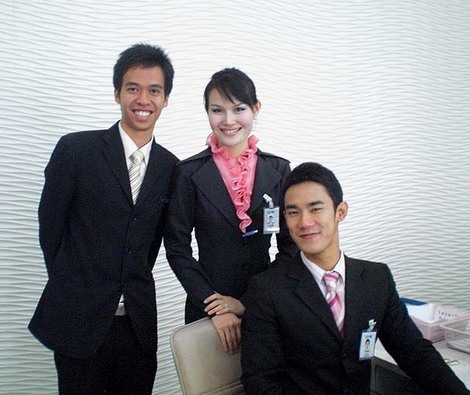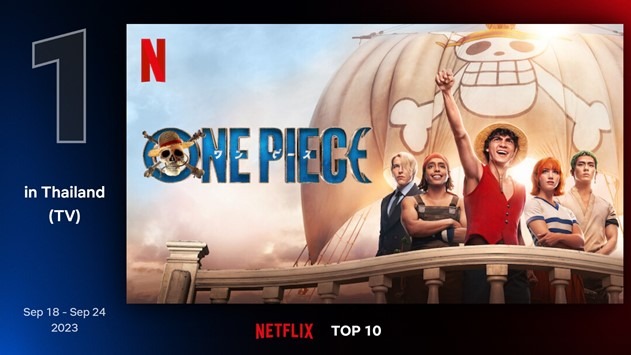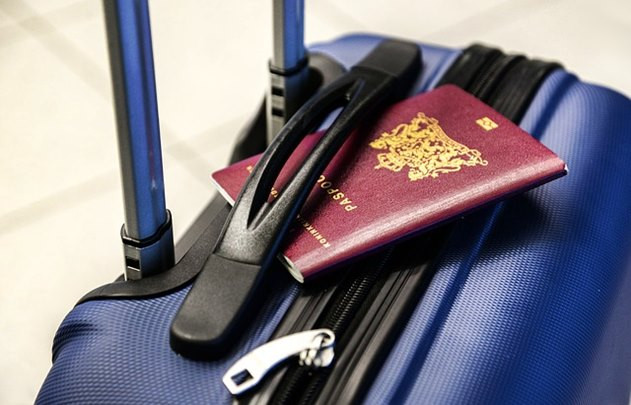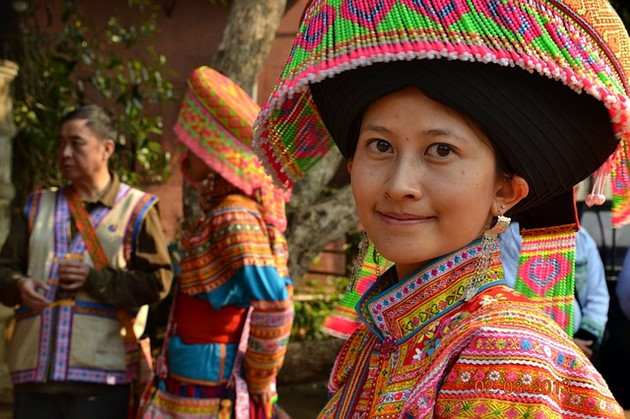In companies in Thailand, the social hierarchy is important. From the lowest-level maid to the CEO, everyone knows their place and how each other should behave. To the westerner doing business in Thailand or working in a Thai company, the social hierarchy can be confusing. If you find yourself doing a lot of business in Thailand or know you’re going to be working for a Thai company, make sure you learn the Thai social hierarchy. It will make life easier and will also help with your success in business in Thailand.
Maids and Maintenance Staff – The lowest level of person in social hierarchy in Thailand are the maids and maintenance staff and every company has many of them. It’s the maids duty, throughout the day, to keep things clean, bring coffee, tea and snacks to higher level management and, in many companies, shop for food at local food stalls and serve it at lunch time to upper management. Maintenance staff make sure everything is in working order and fix it if its not.
In some Thai companies, maids and maintenance staff are treated with respect. In some, they are not. As a westerner, it’s best to be nice to them. It’s not only the polite thing to do, it can also make your work life easier as things will be taken care of for you if they like you. The maids will wai to you (the Thai greeting with hands held in the prayer position) although it’s not expected for you to wai back.
Secretaries – After the maids, the next lowest level employee in Thai social hierarchy in a company are the secretaries. While upper management will be polite to the secretaries, by the way they behave it’s obvious there is no question about what they expect the secretaries to do and the secretaries will never argue. Unlike in the west, where if a secretary catches a mistake upper management has made she/he will tell them, in Thailand this rarely happens. Pointing out the mistakes of upper management isn’t seen as ‘helpful’, it’s seen as laying blame and this causes upper management to ‘lose face’.
Secretaries are good people to be on a friendly basis with in a Thai company as, if you get one a good one, they can be useful. As a foreigner in the company, you will always be the last person to know what’s going on. In fact, they may forget to tell you completely. The secretary, on the other hand, will know and she will tell you. Most secretaries, when they greet you, will wai to you as you are their superior. They should wai first and you should wai in reply.
Employees on the Same Level as You – Social hierarchy with employees on the same level doesn’t really exist, although deferential treatment will still be given to those who have been at the company longer or are older.
Employees on the same level as you will usually call you “Pee” or “Khun” followed by your first name, so “Pee John” or “Khun John”. This is a sign of respect and is used for people older than you, at a higher level or foreign. As a westerner, it’s acceptable to just call them by their first name (usually their nickname) rather than using “Pee” and, once they get to know you better, they will usually do the same with you.
Upper Management – Upper Management is always referred to and spoken to by Thai employees as “Pee” and upper management will often refer to lower level employees as “Nong”. “Nong Jay, can you please come to my office”. As “Pee” denotes a higher level, “Nong” denotes a lower level or someone younger.
As a foreigner it can be confusing, particularly if you are older than someone in upper management, as it’s not really correct to call them “Pee”, but you would never use “Nong” with someone in upper management who is younger than you. This is when the word “Khun” comes in handy. It’s perfectly acceptable to refer to someone in upper management as “Khun”, but still using their first name and usually their nickname (eg: “Khun Fon”). You should wai upper management first.
Top Management – CEOs, CFOs, Partners of companies in Thailand are highly respected and revered, particularly by the staff below them. They will always be referred to as “Pee” or “Khun”, and you should always refer to them as “Khun” too. Top management will be given the best of everything, served before anyone else, deferred to in conversation, and never criticized or argued with. Some of the younger generation of Thais will speak out more with top management, particularly if they’ve been educated overseas, but overall top management in a Thai company are treated much like demi-gods. To be admired, looked up to and as a role model. Again, you should wai top management first.
Social hierarchy in Thai companies is fascinating to watch. It’s unlike anything you will ever have experienced in the west. Whereas in the west we feel like we are working “with” upper management and all working towards a common goal, in Thailand you are always working “for” upper management and that will never change. But, the level of respect Thais give their superiors is genuine and makes for a much happier workplace too. After all, when everyone understands the hierarchy and understands their position in it, it’s easier to accept what you have and be grateful for it.
Besides, as you get older and get more experienced, you too will climb up the ladder and will eventually get the respect the top management get now. And that’s something to look forward to.




